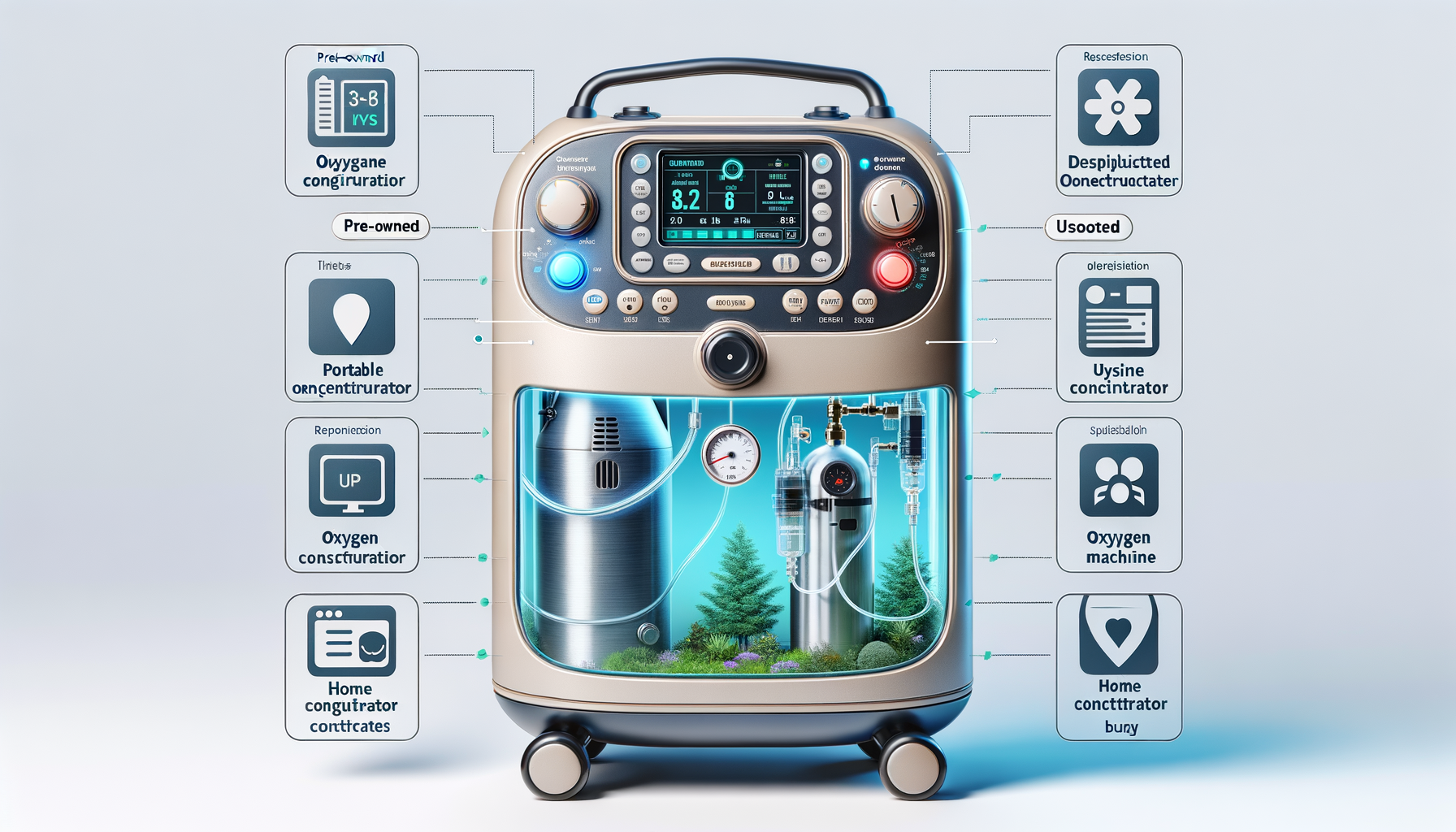What Are Nasal Polyps and 3 Symptoms to Recognize
Nasal polyps are soft, painless, noncancerous growths that develop on the lining of your nasal passages or sinuses. They often result from chronic inflammation and are associated with conditions such as asthma, recurring infections, and allergies. Though small in size, nasal polyps can significantly impact your quality of life when left untreated. Understanding what are nasal polyps and 3 symptoms to recognize can help individuals seek timely care. Common symptoms include:
- Chronic nasal congestion or a feeling of blocked airways
- Reduced or lost sense of smell
- Persistent runny nose or postnasal drip
These symptoms often mimic those of a common cold, but unlike a cold, they persist for weeks or even longer. Early detection through these indicators can lead to more effective management and relief.
3 Causes of Nasal Polyps in Adults
Understanding the 3 causes of nasal polyps in adults can help in both prevention and treatment planning. While the exact reason why some people develop polyps is not entirely clear, several common triggers have been identified:
- Chronic inflammation due to allergies or asthma
- Recurring sinus infections that irritate the nasal lining
- Immune system responses, including sensitivity to fungi or pollutants
For some, genetic factors may play a role, especially if there’s a family history of nasal polyps. Environmental irritants, such as air pollution and cigarette smoke, can also contribute to their formation. By understanding these causes, individuals can take steps to minimize their risk, such as managing allergies effectively and avoiding known irritants.
How Nasal Polyps Affect Breathing and Daily Life
One of the most disruptive aspects of nasal polyps is how nasal polyps affect breathing. These growths can obstruct airflow through the nasal passages, making it difficult to breathe through the nose. This can lead to constant mouth breathing, which in turn might cause dry mouth, sore throat, and disrupted sleep. Some people may also experience:
- Frequent snoring or sleep apnea
- Difficulty exercising due to labored breathing
- Overall fatigue from poor sleep quality
In addition to physical discomfort, these breathing challenges can affect mental well-being, leading to irritability and reduced concentration. Addressing nasal polyps promptly can help restore normal breathing and improve overall health.
Non-Surgical Treatments for Nasal Polyps
There are several non-surgical treatments for nasal polyps that may offer significant relief. These options are typically the first line of defense before surgical procedures are considered. One of the most common methods includes the use of prescription sprays for nasal polyps. These sprays, often corticosteroid-based, help reduce inflammation and shrink the polyps.
Other non-surgical treatments may include:
- Oral corticosteroids for short-term relief in severe cases
- Saline nasal rinses to clear allergens and irritants
- Antihistamines or antibiotics if allergies or infections are contributing factors
These approaches can be effective in managing symptoms and preventing the polyps from growing larger. Regular follow-ups with a healthcare provider ensure that the chosen therapy remains effective over time.
Exploring Removal Options and Booking Treatment Online
When non-surgical methods are insufficient, removal may be necessary. The best nasal polyps removal options often depend on the severity and recurrence of the condition. Endoscopic sinus surgery is a common choice, where a thin tube with a camera is used to guide the removal of the polyps. This procedure is minimally invasive and usually performed on an outpatient basis.
For those exploring modern healthcare solutions, it’s now possible to book nasal polyp treatment online. Many clinics offer virtual consultations, allowing patients to discuss symptoms, treatment plans, and even schedule procedures from the comfort of their homes. This approach increases accessibility and convenience, especially for those in remote areas or with busy schedules.
A comprehensive treatment plan may also include post-surgery maintenance with nasal sprays or allergy management to prevent recurrence. Understanding all available options empowers individuals to make informed decisions about their health.




Leave a Reply